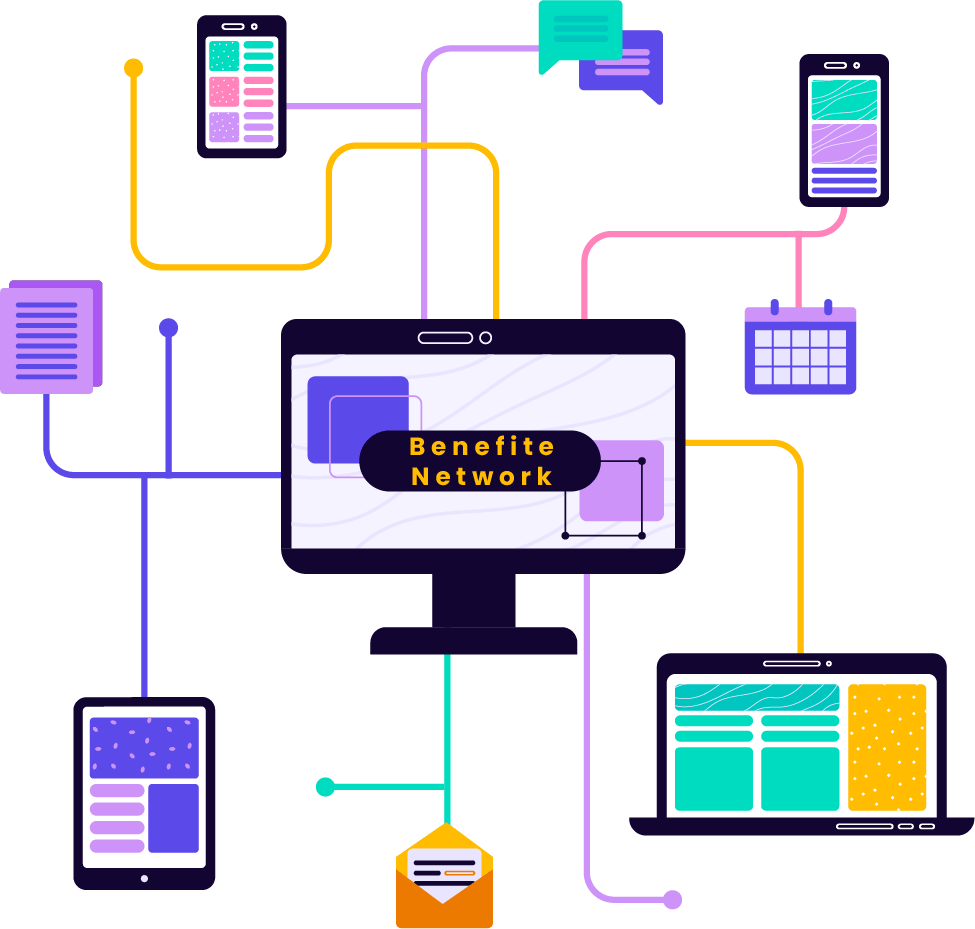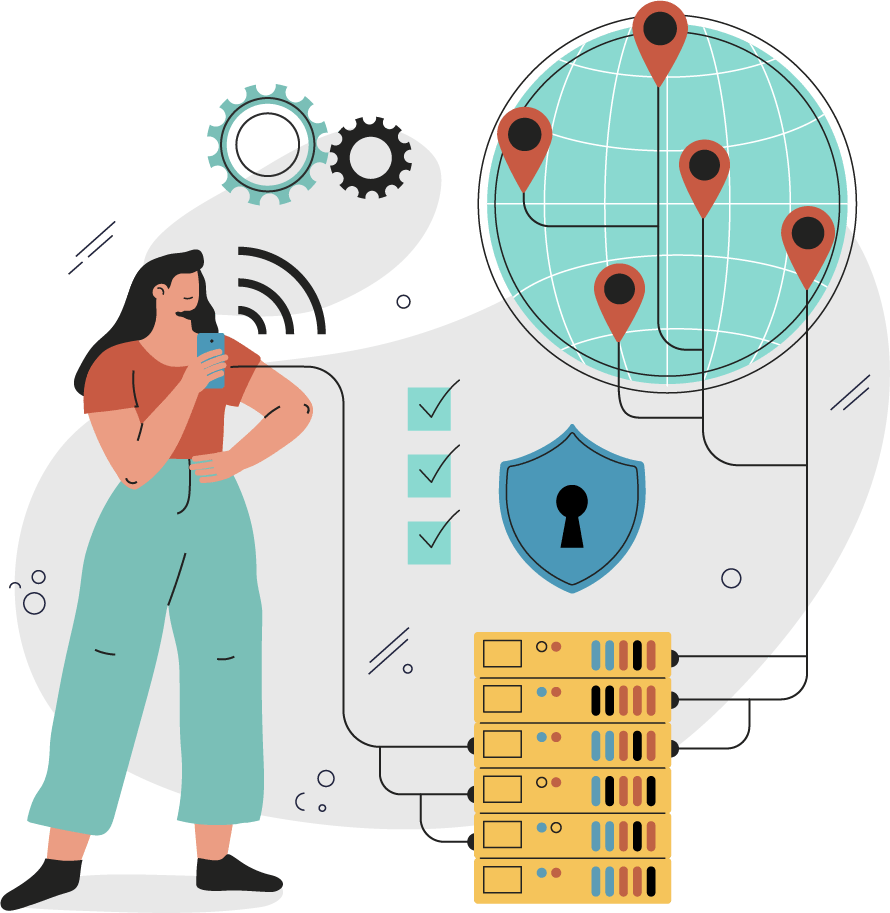What is De-Tokenization?
De-Tokenization is the opposite process of Tokenization, in this token are changes back into their initial form. This process is strictly regulated and requires granted Access to the Tokenization system and the corresponding token-to-data mapping.
For example, while payment processing, credit card numbers are tokenized. When a customer makes purchase, the merchant receives token representing the credit card, rather than the actual card number. When the merchant needs to process refund or conduct other operations that require the actual card number, they use the token to retrieve it securely.
De-tokenization is a critical aspect of tokenization systems, and it’s essential that it’s performed securely to maintain the confidentiality and integrity of sensitive data. This often involves strong authentication and encryption measures to protect the process






